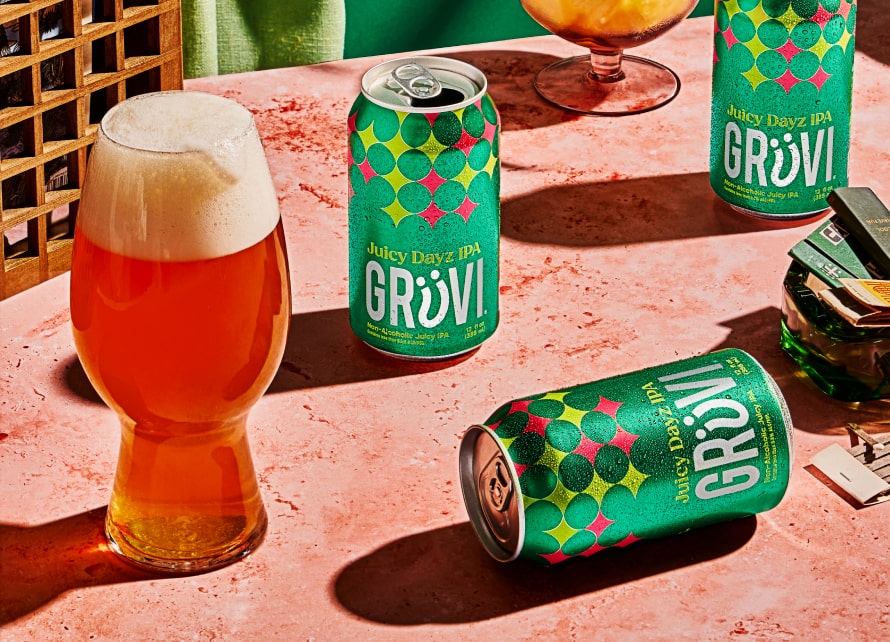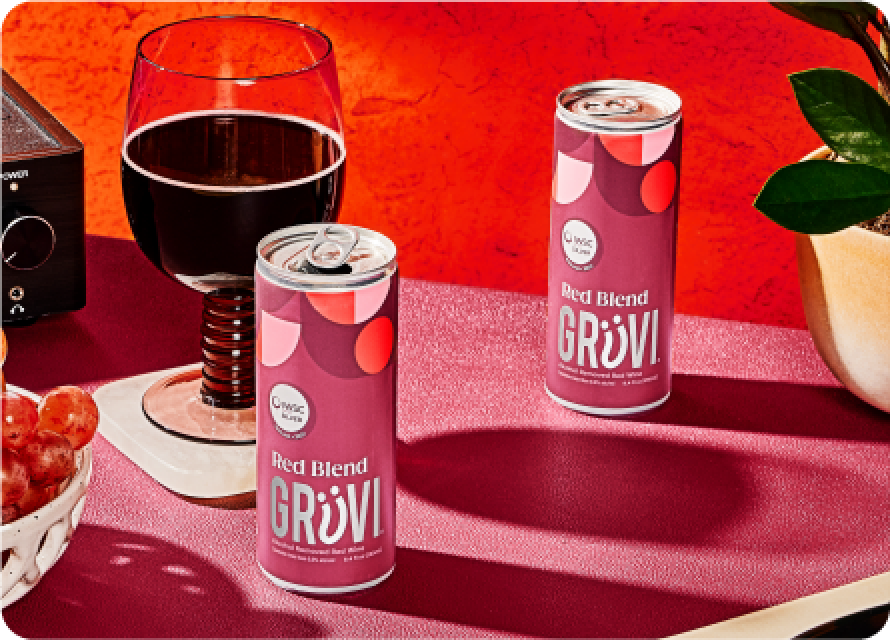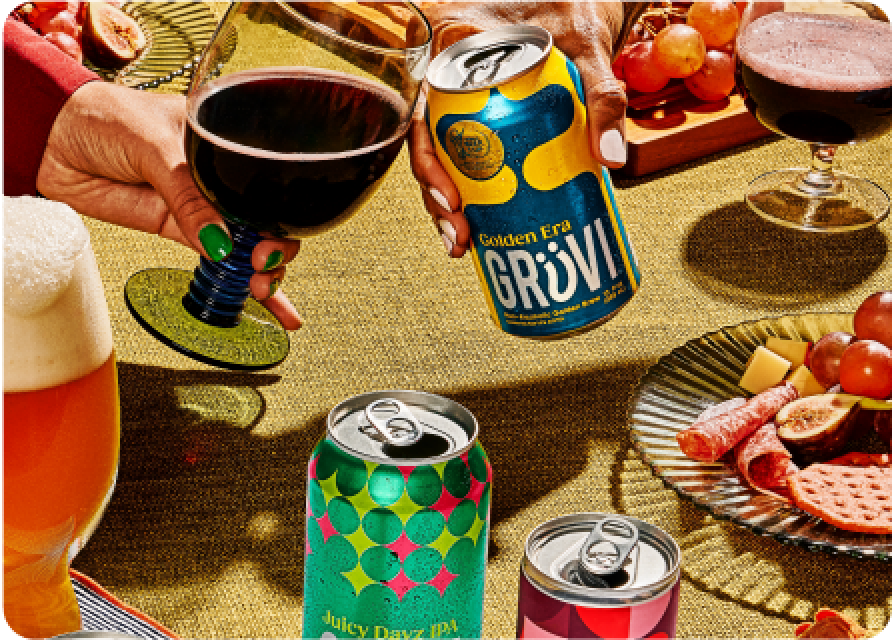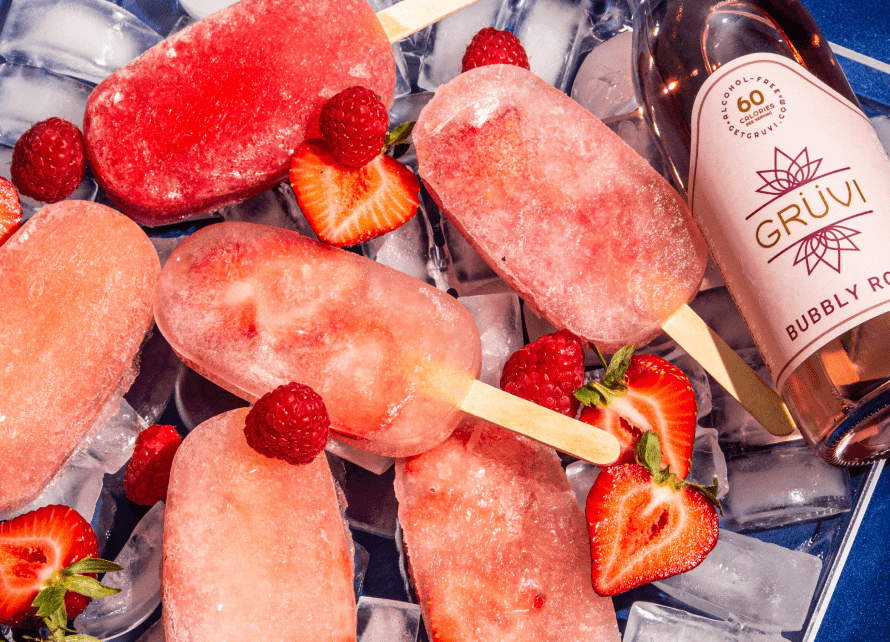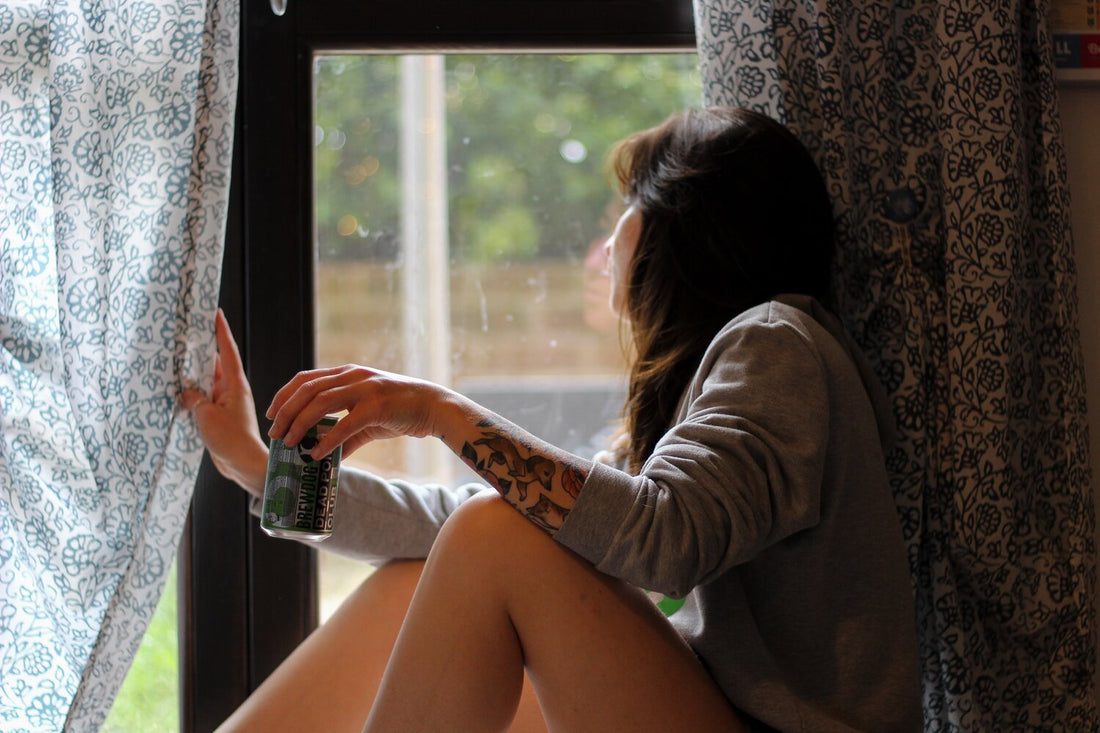
Understanding the Impacts of Alcohol on Mental Health
Have you ever poured a glass of wine to unwind, or taken a shot to calm your nerves?
In our society, it’s common to reach for a beer or a glass of wine after a stressful day. It’s socially acceptable to drink to unwind. And heavy drinking is a popular coping mechanism when bad situations or feelings arise. And while the buzz wears off, the detrimental effects can party on.
Do you ever wonder how alcohol can impact your own mental health? While it can make us feel happy or relaxed in the moment, the long term impacts of drinking can influence our overall health and wellbeing. May is Mental Health Month, so we thought it would be a great time to look at the relationship between alcohol and mental health.
Let’s take a closer look at the relationship between the two, and dive into how decreasing or eliminating alcohol consumption could impact your life.
The Connection Between Alcohol and Mental Health

Does alcohol abuse cause mental health problems, or do mental health problems encourage alcohol abuse? In a twist of the classic chicken and egg scenario, the research states that it’s a bit of both. In many situations, one aspect worsens the other, and the loop continues.
I struggled with hangover anxiety, or “hangxiety,” for the entirety of my drinking years. I remember waking up one Saturday morning, after a particularly intense night of drinking, crippled with the worst case of hangxiety I had experienced to date. How did I solve it? I went to a lawn party with my friends, and self-medicated with more alcohol.
This can be a dangerous loop that many people find themselves in. Whether you engage in the cycle of drinking more to reduce anxiety, or even reach for a glass of wine at the end of a long day, alcohol is not benefitting your mental health.
Alcohol and Depression

According to the American Addiction Centers article linked above, there is a direct relationship between depression and alcohol abuse. This occurs from either angle. Depression can lead to alcohol abuse, or alcohol abuse can lead to depression. Consuming alcohol while dealing with depression is like adding fuel to the fire. They are two villains that become destructive when working together.
Alcohol, like all other substances, interacts with our neurotransmitters. It triggers the release of dopamine, which is why it makes you feel good. Over time, you can lose enjoyment in any activity that doesn’t involve drinking. The real kicker is that after enough abuse, you no longer get a hit of dopamine from alcohol. Yet you still reach for the bottle. This is how addiction and dependency start, and where depression follows. Consider the ways this can influence your finances, health, career and relationships.
Alcohol and Anxiety
Anxiety is a common hangover symptom, sometimes known as “hangxiety.” If there’s a part of the night you don’t remember, you may experience anxiety from wondering what happened during that time. What did you do? What did you say? Do you need to apologize to anyone?
On a more physical level, hangovers are basically a detox. Anxiety can be a symptom of your body detoxing from a night of drinking. Alcohol depletes your endorphins, which causes a comedown the next day. Alcohol is a drug, yet a hangover seems to be more socially acceptable than a comedown.
In the long term, research shows that alcohol abuse rewires the brain and can make you more likely to experience anxiety and PTSD. It disrupts your usual response to stressful situations and makes you less equipped to deal with them. For an anxious person, this may only heighten worries and negative thoughts.

Alcohol and Medication
If you take a medication for anxiety or depression, alcohol can lessen the effects of the medication or cause a dangerous interaction. In other words, alcohol and medications typically don’t mix. This adds a whole new layer to the toxic relationship between alcohol and anxiety or depression. Alcohol can impact medications differently, so always be sure to ask your doctor about potential reactions.
How Alcohol Reverses Healthy Habits
Besides the fact that alcohol interacts with the brain to worsen anxiety and depression, it undoes the healthy habits you incorporate into your life. It affects nutrition, hydration, and sleep. Healthy physical habits are good for your mental health- undoing these habits by drinking is not.
If you’ve been diligent about eating healthy, drinking enough water, and sleeping enough, you know how it feels when you neglect a healthy habit. If you’ve been eating more junk food than usual, you may feel more lethargic. If you’ve been sleep-deprived, your mood might be down. If you’ve been drinking less water, you can experience more headaches and unhealthy cravings.

When you drink, especially in excess, you bulldoze through these healthy habits quicker than you can say “I shouldn’t have drank so much last night.”
Alcohol’s Effect on Food Choices, Hydration, and Sleep
High amounts of alcohol dampens your ability to make good decisions, which is why you reach for yet another drink at the bar and junk food at the end of the night. Not to mention, alcohol is a toxin in itself. And don’t forget about the high-fat, greasy food you eat to cure your hangover.
On top of that, alcohol is a diuretic. That pounding headache you feel in the morning? That’s severe dehydration, caused by excess alcohol the night before. And at the end of the night, alcohol disrupts your sleep. Even if you fall asleep and wake up at your normal time, the quality of your sleep can be much poorer.
Unwinding Without Alcohol
So how can you unwind after a long day, kick back and relax without alcohol?

Exercise, meditation, calling a friend, and spending time outside are all ways to reduce stress. If you want to relax, take a hot bath, cook a delicious meal, or spend time with a loved one. You don’t need a substance to unwind, and you do not need to get drunk to “let loose.”
But we all know how fun it can be fun to crack open a beer with friends or drink a glass of wine by the fire. Having a drink in your hand is a vital part of many social situations, and it may be a habit at the end of a long day.
The good news is that you can reach for a healthy alternative, such as a non alcoholic Grüvi beer or Prosecco. If you swap your nightly glass of wine or booze-drenched evening for a Grüvi alternative, your mind and body will thank you.
